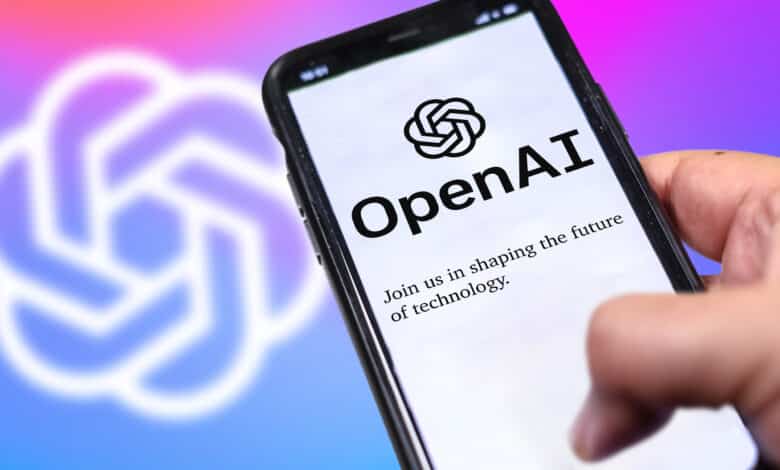
The data protection commissioners of the German federal states have initiated administrative proceedings against OpenAI, the company behind ChatGPT. In this way, they want to determine what data was used to train the AI – and on what legal basis the data in question was used.
Where did the training data for ChatGPT come from?
In this regard, Dieter Kugelmann, head of the Taskforce for Artificial Intelligence of the German Federal States and data protection commissioner of the state of Rhineland-Palatinate, states that consent is mandatory when personal data is used to train an AI. In the absence of such consent, the use of data violates European data protection rules. This would ultimately make the operation of ChatGPT illegal.
Since it is so far completely unclear where the training data for the program originates from and which consents OpenAI has obtained in this context, the data protection commissioners of the German federal states have initiated proceedings against the company. As part of these proceedings, the origin of the training data is to be clarified. Further proceedings in this regard are dependent on the findings in this regard.
KI without legal basis is a problem
Kugelmann pointed out to the Tagesspiegel that he primarily sees a problem in the rolling out of AI without a clear legal basis. At the moment, AI offerings such as ChatGPT are literally shooting out of the ground and offering ever more far-reaching services. Many of the legal questions associated with these services have yet to be clarified. In addition to the likely lack of consents for the processing of personal data, this also concerns copyrights associated with the output of AI. Most recently, both aspects became very clear in the context of an AI song imitating Drake and The Weeknd. Both the processing of the original material and the (commercial) use of the resulting material ultimately appear to be legally problematic.
The data protection commissioners of the German states have joined forces on the matter and drafted a joint letter in which they provide information about the procedure and the goal. Kugelmann also clarified in this context that Italy is not the model in the matter. In Italy, ChatGPT has recently been temporarily banned with immediate effect in order to implement strict privacy and access rules. According to Kugelmann, the focus instead is on clarifying the existing legal situation and compliance with it, as explained earlier.




No replies yet
Neue Antworten laden...
Gehört zum Inventar
Beteilige dich an der Diskussion in der Basic Tutorials Community →